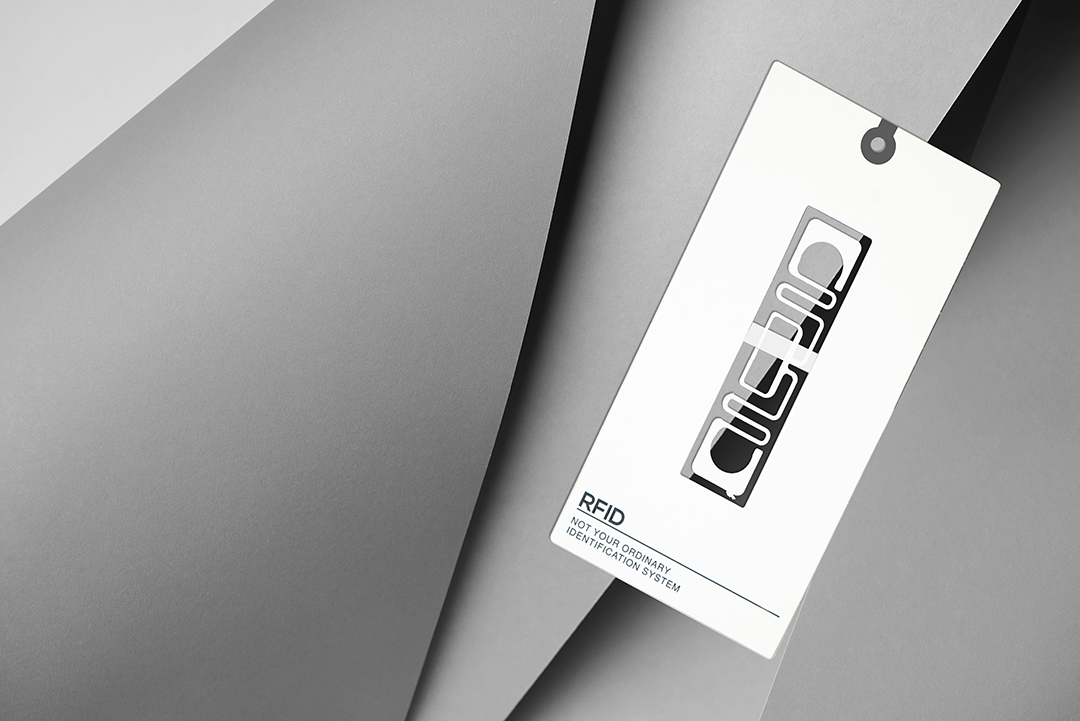American brands are struggling to navigate modern commerce, with consumers and policymakers leading the charge for more accountability when it comes to sustainable fashion. With slow progress on all ends, brands and retailers are struggling to reconcile business growth with transparent environmental responsibility.
Sustainability Challenges
Sustainability is a top priority for American brands, but are they overcoming the fashion industry’s biggest sustainability challenges fast enough? From manufacturing costs to consumer demands, accessible sustainability remains just out of reach for American brands of all sizes.
1. Fast fashion trends
Fast fashion is one of the biggest sustainability challenges facing not only American brands but brands around the globe. Fast fashion prioritizes speed, a concept that doesn’t mesh well with ethical production models and durable materials. Brands must balance staying relevant with maintaining relationships with cost-effective manufacturers.
2. Sustainable packaging
Customers value the unboxing experience, making well-designed, sustainable packaging a must for brands. The problem? Manufacturing sustainable packaging that customers aren’t reluctant to pay for. One way to solve this problem is to partner with Charming Trim. We offer custom, eco-friendly packaging to e-commerce and retail companies that your customers will love while minimizing environmental impact.
3. Rising costs
Raw materials like organic cotton are more expensive and harder to source than commonly used materials like polyester, making them more expensive from the start. Sustainable production methods like reduced water usage and non-toxic dyeing, labor, and transportation are also becoming more expensive. Cost increases are a trade-off for inaccessible sustainability practices that put a strain on American brands and their global markets.
4. Changing consumer demands
The rise of e-commerce during the COVID-19 pandemic and Amazon’s free Prime shipping deals have consumers expecting to receive their products delivered to their door within two hours to two days of purchase. For brands prioritizing sustainability, staying competitive with quick turnaround times is a challenge.
5. Using synthetic textiles
The Changing Markets Foundation report “Fashion’s Plastic Paralysis” examines the fashion industry’s reliance on synthetic materials, a key contributor to environmental pollution. These materials, namely polyester, are also associated with health risks. Polyester microfibres shed during the wash, contaminating water and home surfaces. However, its affordability and versatility make it a popular choice for American brands focused on maximum production.
6. Lack of regulations
Fashion remains one of the most unregulated sectors—but that’s changing quickly. New legislation from California, New York, and the European Union are leading the fight against fast fashion, making it more difficult for companies relying on cheap labor and materials to sell their clothing in Europe.
Supply chains from sizable American brands are impacted by these new regulations, requiring them to develop sustainability claims supported by substantive evidence to prevent the use of vague language, including terms such as “biodegradable” and “climate neutral,” that contribute to greenwashing. More regulation is on its way, so it’s time to get ahead of it.
7. Underdeveloped recycling technologies
Textile-to-textile recycled polyester, also known as fiber-to-fiber recycling, turns used polyester fibers into new polyester fibers to cut back on waste. However, commercial scaling of recycling technologies means these processes are uncommon. Clothing collection and sorting require additional labor and technology, and being able to sort out commonly used fiber combinations is not yet accurate enough to be automated.
Overcome Sustainability Challenges One Step at a Time with Charming Trim
Sustainability is more than a buzzword. At Charming Trim, we help brands simplify their sustainability process. Partnering with us means receiving knowledge and tailored help from our industry experts to meet your eco-friendly packaging needs.
Need help getting started? Schedule your sustainability consultation with us today, and we’ll answer all of your questions so you can upgrade your sustainability practices one step at a time.
.png)

